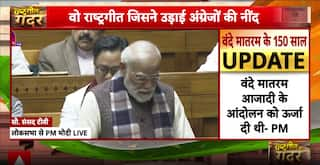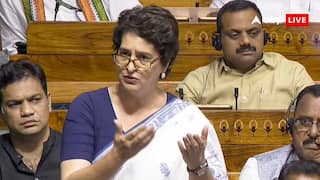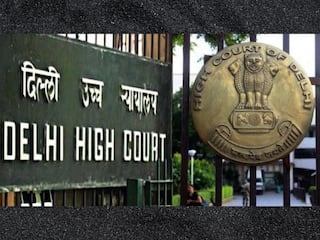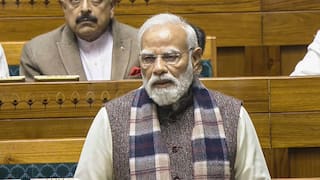Power Tariff Hike: Tirupur Exporters' Association Urges TN Govt To Roll Back Decision
Power Tariff Hike: The association president in a letter to CM Stalin said, the survival of the industry, particularly MSME was "at stake" due to the upward revision in power tariff.

Coimbatore: Tirupur Exporters' Association on Wednesday termed the recent hike in power tariff as a 'heavy blow' to the industry which was already reeling under the Russia-Ukraine conflict and requested the Tamil Nadu government to roll back its decision.
Association president Raja M Shanmugham in a letter to Chief Minister M K Stalin said the survival of the industry, particularly the micro, small and medium enterprises was "at stake" due to the upward revision in power tariff.
"We apprehend that the combined negative factors may affect the MSMEs particularly and also lead to loss of jobs...these units are neither in a position to absorb the power tariff hike nor pass on to the overseas buyers," he said.
Also Read | Tamil Nadu: Two Electricity Board Staff Transferred After Power Cut At Govt Event
Referring to the Russia-Ukraine conflict, he said already hit by the COVID-19 pandemic, the knitwear segment was affected as the war caused a 'cascading effect' leading to a drastic reduction in export orders received by the traders from Europe.
The knitwear exports made from the region contribute about 13 per cent - Rs 33,525 crore of the total exports from the state, while the domestic knitwear sales was valued at Rs 27,000 crore.
Also Read | Tamil Nadu CM Stalin Inaugurates 321 Houses For Sri Lankan Tamils In Camps Near Dindigul
The knitwear sector alone was providing employment to eight lakh people both direct and indirect, he said.
The revised power tariff of the Tamil Nadu Generation and Distribution Corporation Ltd (TANGEDCO) came into effect on September 10 despite opposition by various political parties. The new tariff proposed by the state government came into effect after Tamil Nadu Electricity Regulatory Commission gave the nod for the revision without any changes in the proposal.
The new tariff is also 12% to 52% higher than the previous tariff.






































